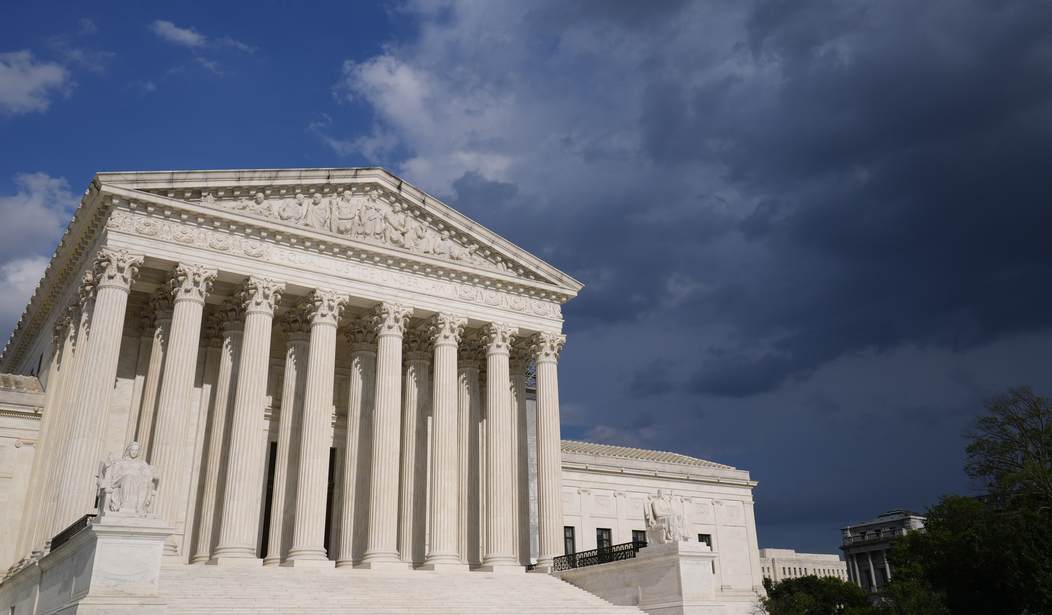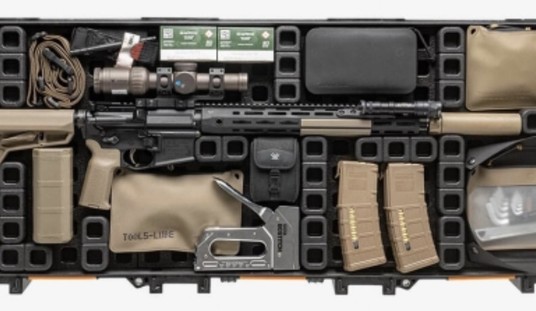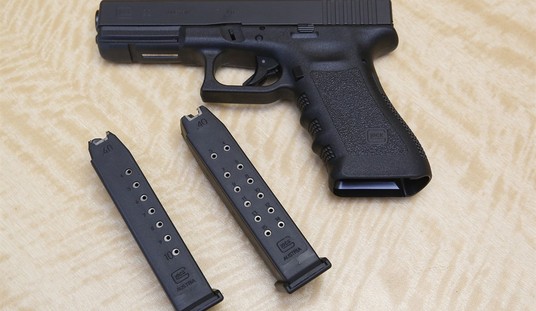After months of waiting impatiently to see what the Supreme Court would do with the Snope and Ocean State Tactical cases, we finally learned SCOTUS's decision on Monday, and it's not what Second Amendment advocates were hoping for.
Both cases, which dealt with Maryland's ban on so-called assault weapons and Rhode Island's ban on "large capacity" magazines, respectively, were denied cert, with Justice Brett Kavanaugh delivering a statement on why Snope was rejected.
Given that millions of Americans own AR–15s and that a significant majority of the States allow possession of those rifles, petitioners have a strong argument that AR–15s are in “common use” by law-abiding citizens and therefore are protected by the Second Amendment under Heller. If so, then the Fourth Circuit would have erred by holding that Maryland’s ban on AR–15s complies with the Second Amendment.
Under this Court’s Second Amendment precedents, moreover, it can be analytically difficult to distinguish the AR–15s at issue here from the handguns at issue in Heller. AR–15s are semi-automatic, but so too are most handguns. (Semi-automatic handguns and rifles are distinct from automatic firearms such as the M–16 automatic rifle used by the military.) Law-abiding citizens use both AR–15s and handguns for a variety of lawful purposes, including self defense in the home. For their part, criminals use both AR–15s and handguns, as well as a variety of other lawful weapons and products, in unlawful ways that threaten public safety. But handguns can be more easily carried and concealed than rifles, and handguns—not rifles—are used in the vast majority of murders and other violent crimes that individuals commit with guns in America.
In short, under this Court’s precedents, the Fourth Circuit’s decision is questionable. Although the Court today denies certiorari, a denial of certiorari does not mean that the Court agrees with a lower-court decision or that the issue is not worthy of review. The AR–15 issue was recently decided by the First Circuit and is currently being considered by several other Courts of Appeals. Opinions from other Courts of Appeals should assist this Court’s ultimate decisionmaking on the AR–15 issue. Additional petitions for certiorari will likely be before this Court shortly and, in my view, this Court should and presumably will address the AR–15 issue soon, in the next Term or two.
So why did the Court hold on to Snope since last December only to turn it away today?
The optimistic answer is they were negotiating behind the scenes and decided they didn't want the issue now, but agreed to take a futre case soon (Kavanaugh's statement, basically)
— Kostas Moros (@MorosKostas) June 2, 2025
The pessimistic answer is they are spineless and will never meaningfully enforce Bruen. https://t.co/jadCe5aKEb
Yeah, Kavanaugh's "presumably" is doing a lot of work here. A lot of us presumed that Snope was the perfect case for the Supreme Court to use to address whether bans on commonly-owned firearms used for lawful purposes comport with our right to keep and bear arms. It had been fully briefed and decided on the merits before the Bruen decision was handed down in 2022, and was GVRed back to the Fourth Circuit for a do-over in light of Bruen's holdings. Once again the Fourth Circuit upheld Maryland's ban, but on the specious grounds that AR-15s are "like" machine guns and therefore beyond the Second Amendment's protections; a clear abuse of both the right to keep and bear arms and Supreme Court precedent.
Kavanaugh is correct that there are several other "assault weapon" ban cases making their way to the Supreme Court, including ANJRPC v. Platkin in the Third Circuit and the Capen case referenced by the justice out of the First Circuit. Oral arguments in Platkin will take place before a Third Circuit panel at the end of this month, but Capen has yet to be decided on the merits at the district court level. Briefings are taking place in Barnett v. Raoul, which is the challenge to Illinois' ban, but oral arguments have yet to be scheduled.
In other words, there aren't any semi-auto ban lawsuits that are imminently heading to the Supreme Court, and it may very well be a "term or two" before SCOTUS has the opportunity to address these bans again. Today's decision is a bitterly disappointing one, and a sign that while there may be four justices ready to declare these bans unconstitutional, Justice Amy Coney Barrett and Chief Justice John Roberts are either uncommitted or, even worse, leaning towards upholding these bans on the most common and popular rifles in the country.








Join the conversation as a VIP Member